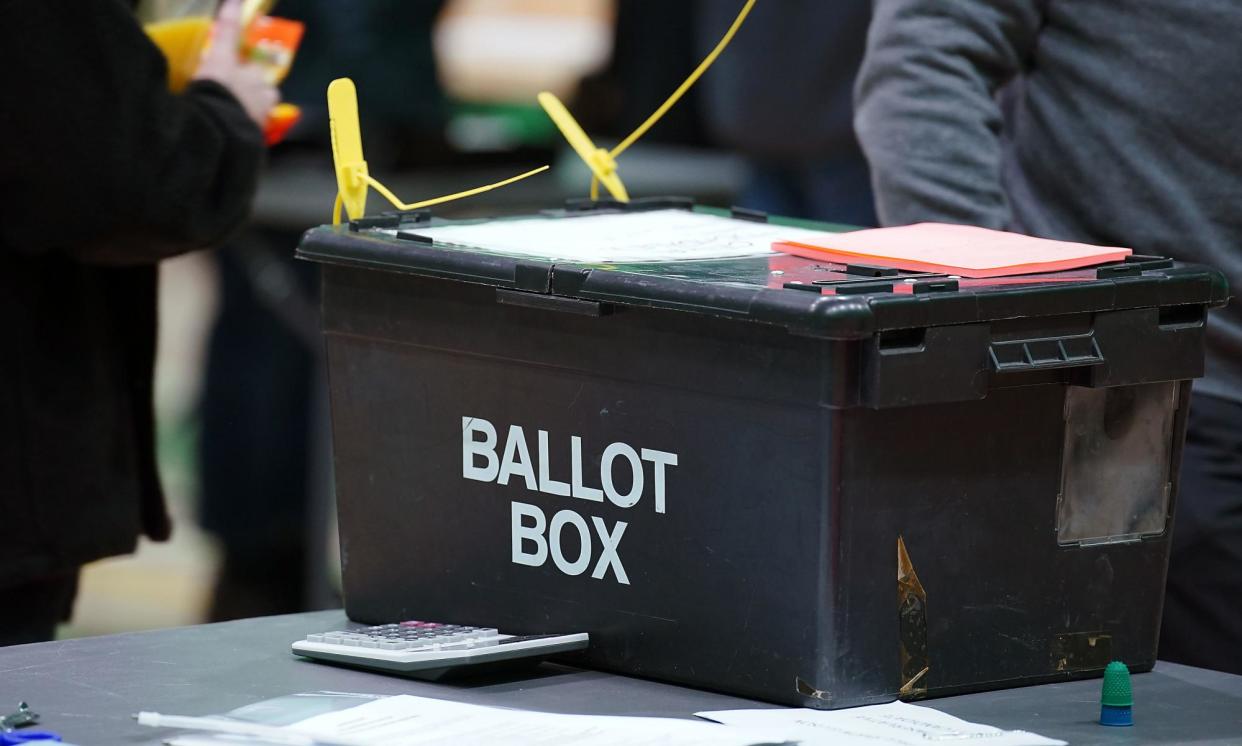From Tyneside to London: five key battlegrounds in England’s 2 May local elections

On 4 May, Rishi Sunak faces a set of local elections that risk further destabilising his premiership and emboldening his critics. Here are five contests that will reveal how the main parties are shaping up, just months before a general election.
London mayor
Sadiq Khan has double-digit leads in the polls. However, Labour fears a combination of changes to the voting system, a backlash against Khan’s expansion of the ultra-low emission zone, a suppressed leftwing vote due to Labour’s position on Gaza and criticism that comes with long-term incumbency make the race closer than it seems. Anything other than a Khan win over Tory candidate Susan Hall would be a huge shock, but Labour could underperform in the capital compared with the rest of the country.
West Midlands mayor
This is likely to be a hotly contested post – both the Tories and Labour are well represented among local MPs and councils. It lends itself to a centrist candidate, which has allowed former businessman Andy Street to prosper as Tory incumbent – though he has sought to distance himself from the party. While his name recognition is likely to help him defy lacklustre Tory polling to some extent, it may not be enough to prevent Labour’s Richard Parker from claiming the job. A loss here for Sunak would cause serious concern for his MPs.
Tees Valley mayor
It is a sign of just how much the electoral prospects of the main parties have changed that there should be any question as to whether Ben Houchen, the Tory incumbent, will hold on to this mayoralty. In 2021, he secured the job with almost 73% of the vote and was seen as a standard bearer for Boris Johnson’s “levelling up” agenda. According to a recent poll, the contest is now neck and neck. While Houchen remains favourite, defeat by Labour’s Chris McEwan would be the upset that risks creating the sort of panic among Tory MPs that could lead to a confidence vote in Sunak’s leadership.
North-east mayor
While Labour anticipates positive results, there are also races that will tell us about how vulnerable it could be should the leftwing vote begin to splinter. The race for the newly formed North East mayoralty is a red-on-red affair. Jamie Driscoll, the mayor of the North of Tyne, is running as an independent after he was excluded from Labour’s selection for the new post. He quit the party as a result, with supporters saying he had been excluded because he was seen as too leftwing. He is challenging Labour’s Kim McGuinness. Could he win, or split the vote and cause a headache for Keir Starmer?
Dorset council
The Lib Dems have been static in terms of their national vote share for months, but officials have always argued that national polling is the wrong way to measure the party’s performance. Instead, they have been trying to concentrate on specific battles they think they can win. They admit these local elections will provide a “proof point” for that strategy. The main target is Dorset, where they are aiming to become the largest party on the council, currently controlled by the Tories. It would confirm a comeback in the south-west, on top of its progress in the “blue wall” home counties.


